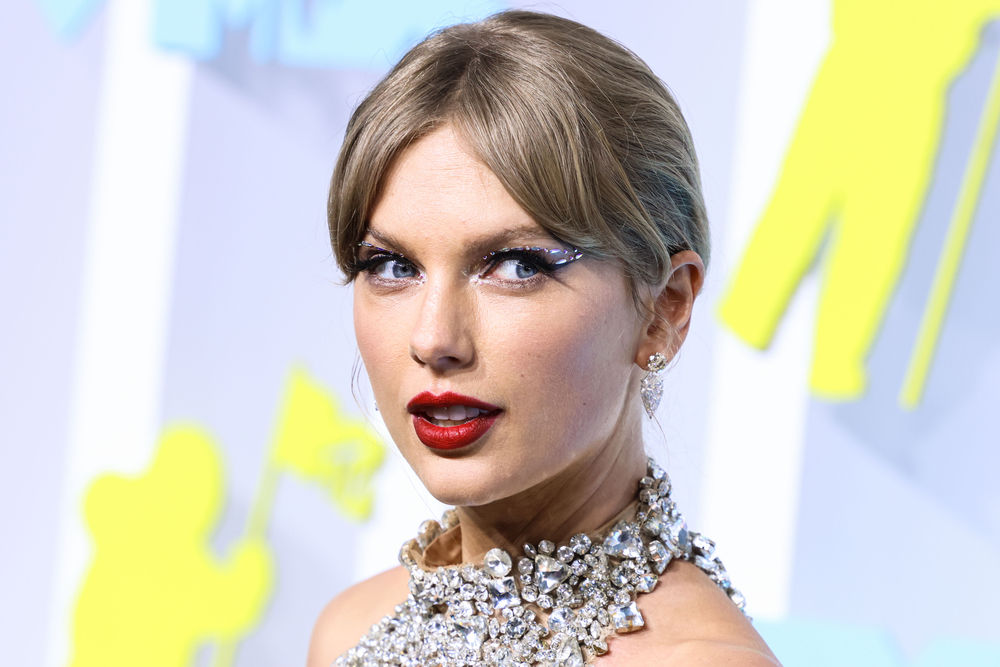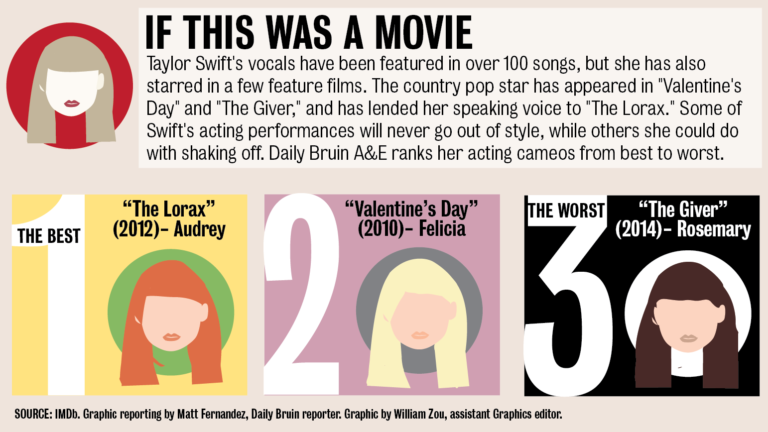Exclusive Ticketmaster Offer: Get Your Taylor Swift Concert Tickets Now!
Have you ever found yourself frustrated trying to score tickets to a highly anticipated concert? Well, you’re not alone. Recently, Ticketmaster faced a backlash from Taylor Swift fans when the general sale of tickets for the first leg of her U.S. tour was abruptly canceled. This left many fans distressed and unable to secure tickets. What exactly is the deal with Ticketmaster and concert fans, and is the culprit really the greed of Ticketmaster and Live Nation?
For Taylor Swift, the demand for tickets far exceeded the available supply. Over 3.5 million individuals registered for the pre-sale, while only 2.4 million tickets were sold for the first leg of her U.S. tour. In many locations, hundreds of fans even gathered in the parking lot just to listen to the concert.
Despite the high demand, fans were left feeling disappointed and vented their frustration at Ticketmaster and Live Nation. They argued that Live Nation’s ownership of both venues and the ticketing system creates a monopoly, giving them too much control in the market. While Live Nation claims to only own 5% of venues, estimates suggest they control up to 70% of ticketing, painting a picture of unfair competition.
But is there a clear-cut solution to this issue? Some fans have taken legal action, suing Ticketmaster and Live Nation for anti-competitive practices. However, the fact that tickets are being resold at prices well above face value suggests that the initial ticket prices may have been undervalued.
Artists like Taylor Swift often price tickets below market value in an effort to make concerts accessible to all fans. This leads to high demand and limited supply, creating a challenge when allocating tickets fairly. The introduction of pre-sales and verified fan systems aims to combat scalping but doesn’t entirely solve the problem of fans missing out on tickets.
One potential solution could involve government intervention to introduce competition in the ticketing market. However, the effectiveness of this approach remains uncertain, as multiple sellers might not significantly change the dynamics of the market.
Service fees, a common complaint among concert-goers, play a crucial role in allowing fans to purchase tickets conveniently online. While online fees may be higher than traditional box office fees, they offer the advantage of saving time and effort standing in line.
Ultimately, fans do have some power in the market. By choosing to buy tickets at the box office or exploring alternative fan experiences such as themed parties and sing-alongs, individuals can still engage with their favorite artists outside of traditional concerts.
This situation with Ticketmaster and Live Nation reflects broader issues within markets, where scarcity and individual preferences play a significant role. While greed may be a factor, addressing access to products and services requires a nuanced understanding of market dynamics and consumer behavior.







